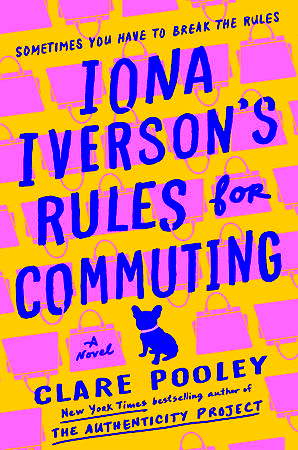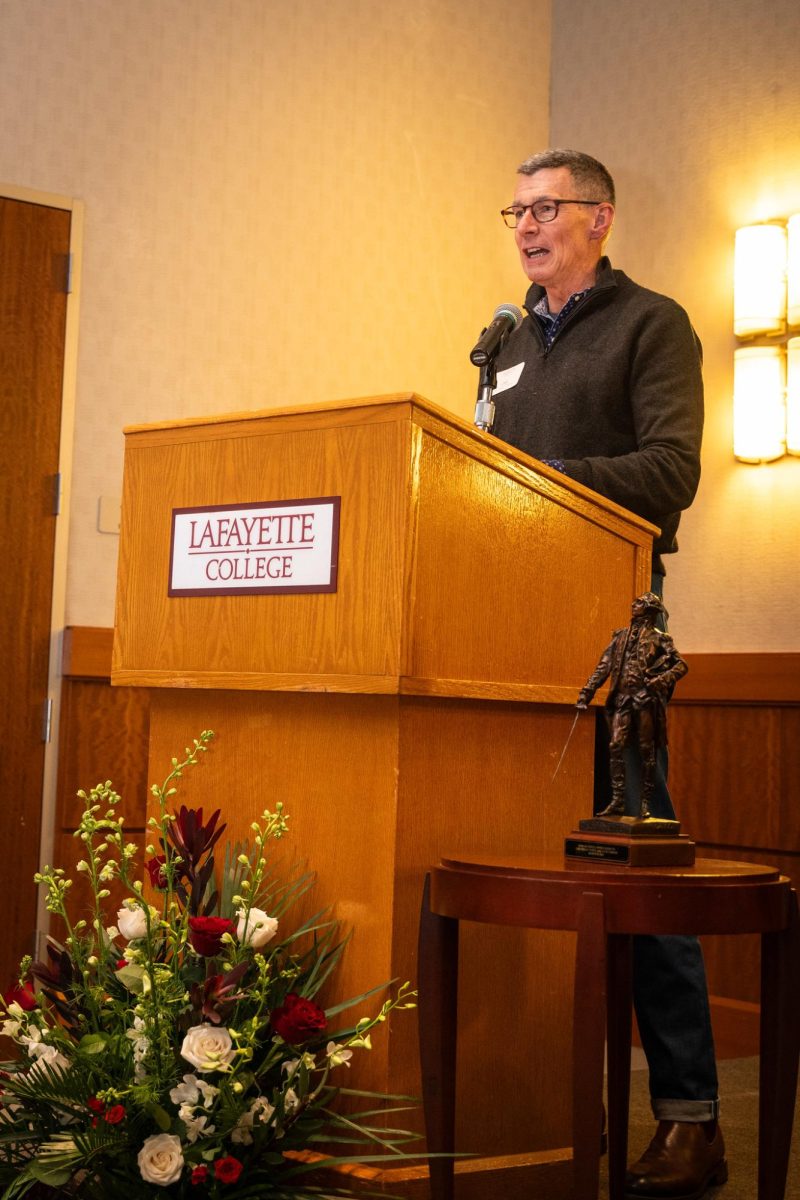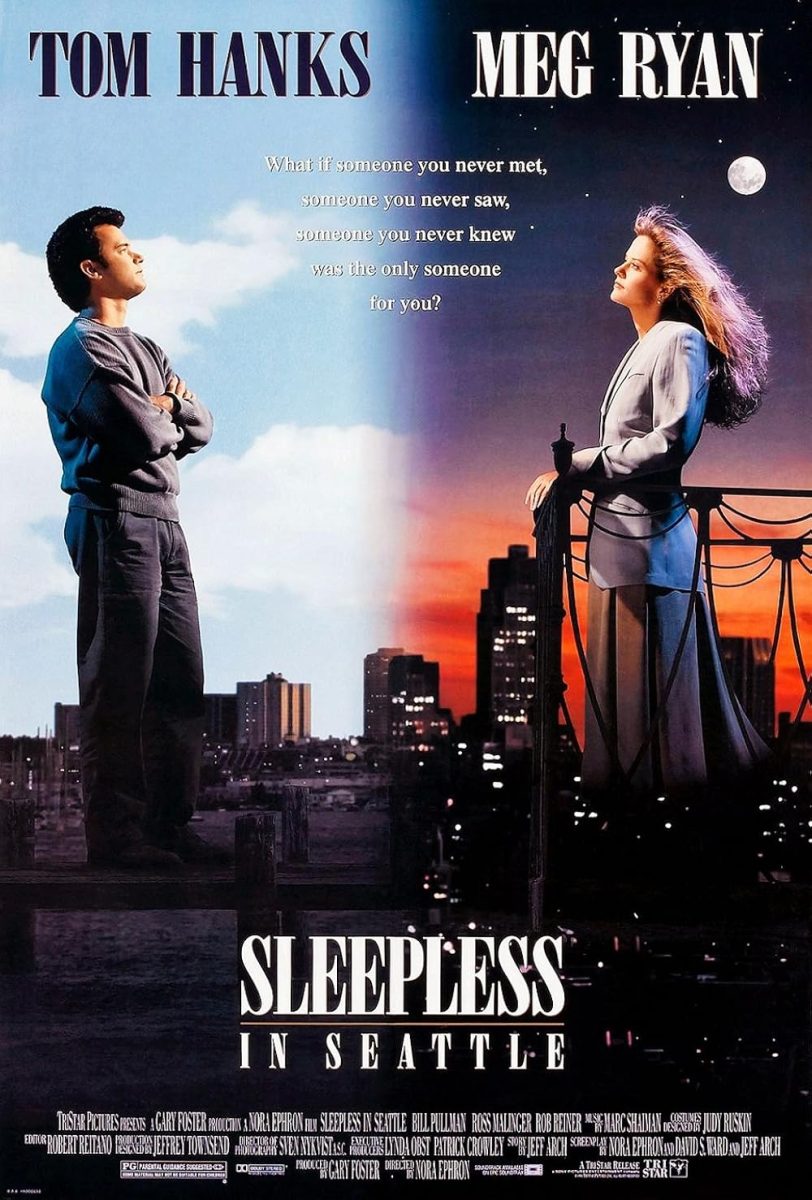
Imagine yourself on the train to work. Of course, no one talks to each other on the train — it’s one of the golden rules of commuting. But when a man in front of you starts choking on a grape, you have to intervene, right?
This sets the scene for the collision of the ensemble cast in Clare Pooley’s “Iona Iverson’s Rules for Commuting.” When oncology nurse Sanjay rushes to the front of the train to save Piers’ life, the rules of the train are changed forever — and so are the lives of the commuters. Iona, a pioneering advice columnist hanging on to her old ways in a new world, connects all of them: Sanjay the nurse, Piers the stock trader, Emmie the copywriter and Martha the student.
This first interaction of the group, equal parts ridiculous and frighteningly possible, sets off a chain of events that make the characters realize they are more alike than they could ever have imagined and they can help each other more than they thought possible. When their lives turn upside down, each of the commuters turns to Iona for everything from acting lessons to a place to stay.
Iona, too, needs something from them: a sense of importance she can no longer find in the job that makes her feel more archaic with every passing day. When an unexpected change rocks Iona’s world, the train crew realizes that the woman who has been working to solve all of their problems might need some help of her own.
This novel is utterly charming. The ensemble cast is impossibly endearing — none of them are too virtuous to be believable, but they are all realistic and complex enough for readers to hope for their success. Their fears and struggles are so real that the book had me looking over my shoulder to see if Pooley was watching my daily life with a notepad in hand.
Iona is one of my favorite characters of all time. Tough and witty, tender and kind-hearted, spunky and courageous, Iona is a stunning portrait of a queer, aging woman who loves fiercely and speaks pointedly. She, too, has her flaws, but ones that make her all the more worthy as a heroine. I would love to read an encyclopedia-length novel about the rich life that Pooley created for Iona, from her escapades in English clubs as a young woman to her trials as a lesbian in an era of exclusion and violent disapproval.
None of the interactions felt forced, as novels grounded in serendipitous occurrences often do. Instead, the connections between the characters felt just as strange and astounding as they often do in real life.
Please, read “Iona Iverson’s Rules for Commuting.” If you love unlikely friendships, heartwarming intergenerational relationships and characters you can root for, you’ll love Pooley’s diverse, offbeat band of train riders who learn that sometimes the best things happen when you break the rules.










































































































